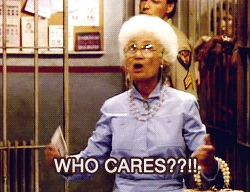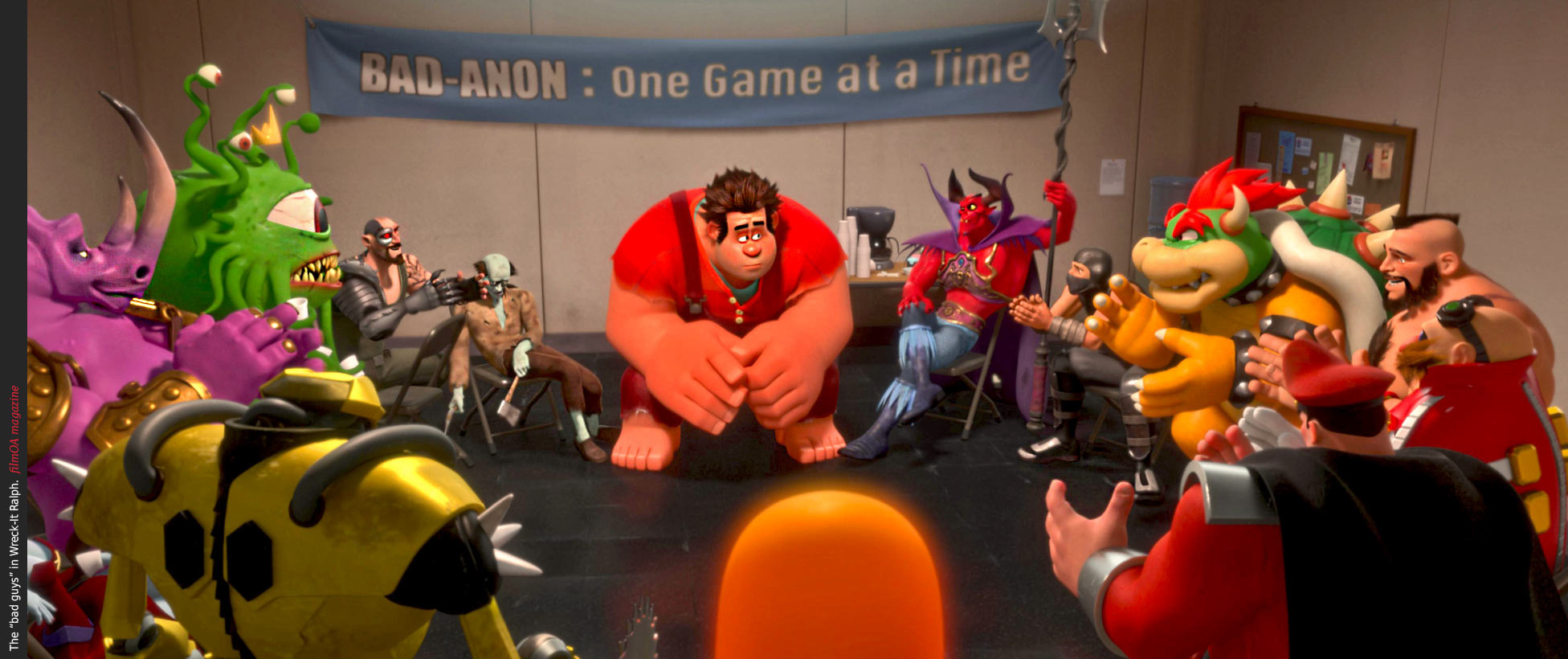Lately there's been a lot of talk lately surrounding the trope of strong female character, mostly along the lines of how faulty the premise is. I think it may have started with The Trinity Syndrome. Actually, no. It goes a lot further back than that. There are Damsels in Distress and Women in Refrigerators hidden all through our modern mythology. That is when the fiction deigns to admit that women exist at all. Yes, I'm looking at you Tolkien.
Well, for one, dear author reading this; you should. There is a huge, untapped marketshare in women of the world and every one of us should be taking note. The romance genre for example, whose readers are almost solely women, raked in just over $1 billion in 2013. It may be that women just naturally like romance more, but somehow I doubt it. I don't think that's the whole truth anyway.
I have a theory about this; I think part of why we read fiction is to find ourselves in other people. Sure, there is an element of escape there, and stress relief and excitement (David Farland also has theories about this which he discusses at length in Million Dollar Outlines). But I also think that we are always looking for human connection and that doesn't change when we turn to fiction. And I think that a lot of especially speculative fiction is either knowingly or unknowingly trying to turn women away from it.
Endeavor to make about half your characters female because, after all, about half of the world's population is female. And if you don't, at least have a reason for it and realize that your lack of women will have consequences to your characters. You will have swaths of men who will never be able to have a family. Historically, that kind of situation has lead to unrest and wars. And while it might be interesting to write an epic fantasy exploring the social ramifications of the scarcity of women so common to the genre (oo that does sound interesting, memo to me, write this story), that might not be what you're looking for.
That witness your character is interviewing, is there any reason they need to be male? Or the traffic cop who pulls your MC over? Women have been a part of all wars and revolutions throughout history. As spies, warriors, leaders and all sorts of other roles often considered to be less important. Pirates, smiths, kings, gods, there are very few roles that women historically have not occupied. I hear that argument a lot so allow me to reiterate: by removing women from your narrative of epic fantasy, you are not making your world more real, but less so.
For that matter, let's talk about monsters. This is something I think the Alien series got really right: the eponymous alien is female. If there is only one of whatever species of monster you've come up with, that one had better be female or intersex. Because while, to quote Granny Weatherwax one of anything is no good, the basis of the species seems to most likely be in the female of the species. There are, for example species of lizards that are only ever female. See for example whiptail lizards. I at least have never heard of a species of males reproducing through parthenogenesis in reality, yet we do it all the time in fiction.
I know there is a great urge to follow the narrative we've been reading all our lives. Believe me, I keep falling for the same narrative over and over. But here's the thing; we can all write much more realistic and interesting narratives if we push past the lazy options and search for the hidden gem inside.















